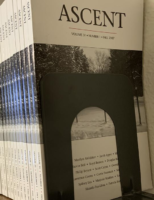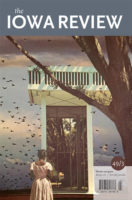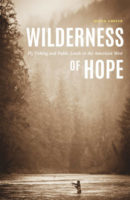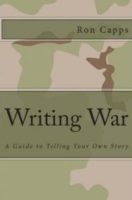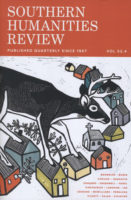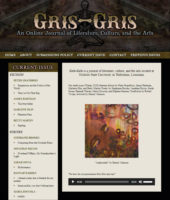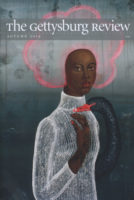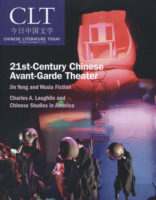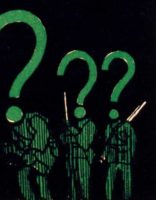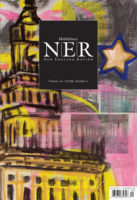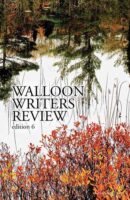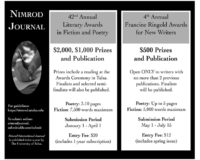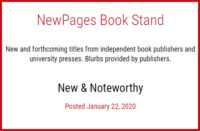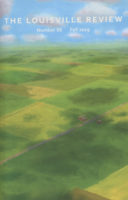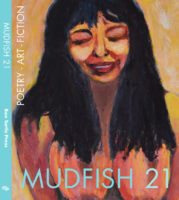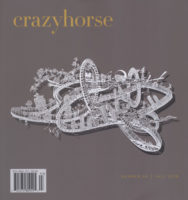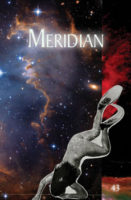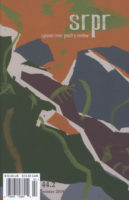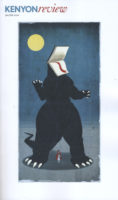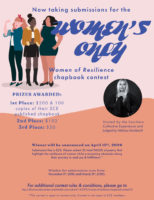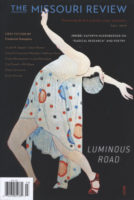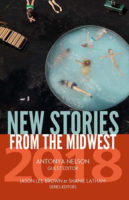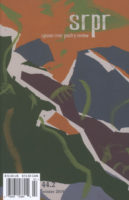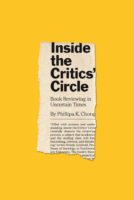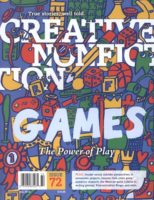 In their recent newsletter, literary magazine Creative Nonfiction has announced a new series of events launching this spring called Science as Story. The best part of this series is that these events will be free thanks to the support from the Fisher Fund of the Pittsburgh Foundation.
In their recent newsletter, literary magazine Creative Nonfiction has announced a new series of events launching this spring called Science as Story. The best part of this series is that these events will be free thanks to the support from the Fisher Fund of the Pittsburgh Foundation.
From March to May, five scientists will visit Pittsburgh to give public lectures. If you aren’t a local to the area, these will also be available as webinars! Each of these scientist writers will also participate in intimate conversations along with Q&As to discuss the craft of writing.
Plus, they will also be running a six-week writing workshop for scientists who are itching to tell their stories.
Featured authors in this series are Azra Raza, Amanda Little, Dawn Raffel, Danielle Ofri, and Ruth Kassinger. Visit their website to learn more.

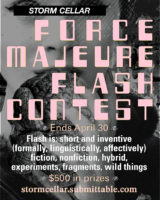
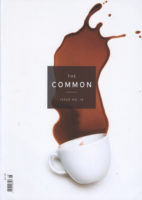

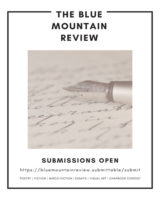
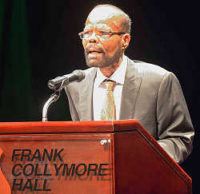
 The Stockholm Writers Festival is an annual event that takes place each spring in Stockholm, Sweden. They host the
The Stockholm Writers Festival is an annual event that takes place each spring in Stockholm, Sweden. They host the 